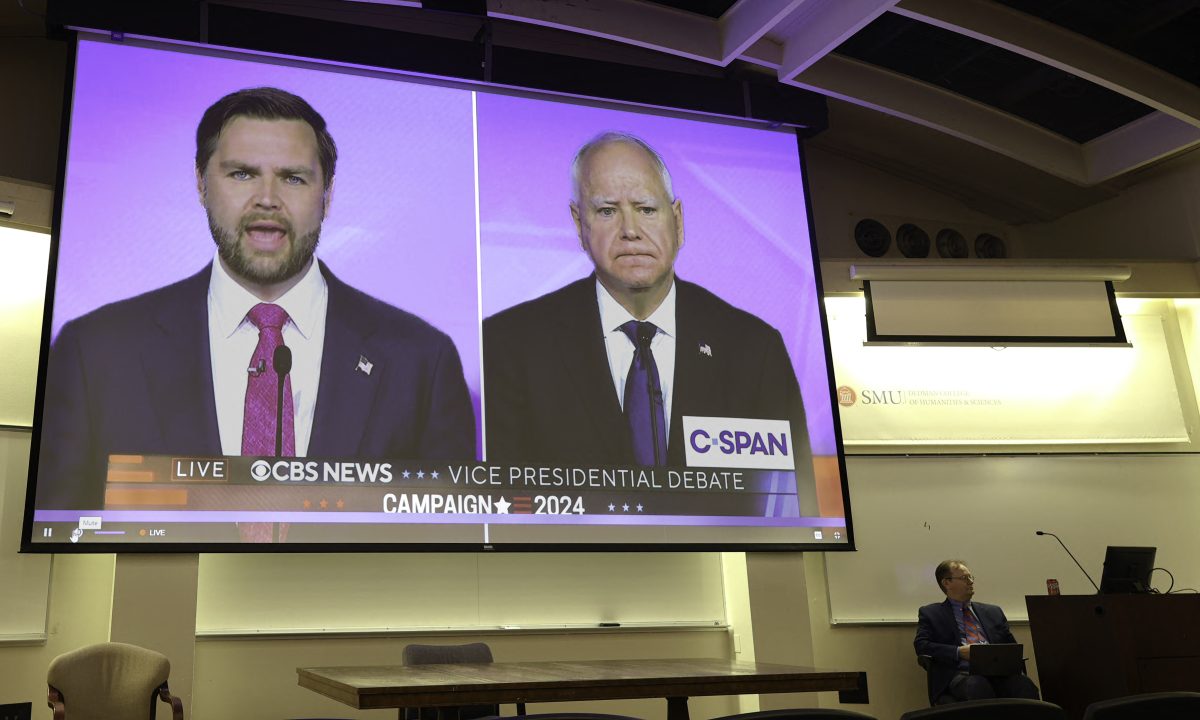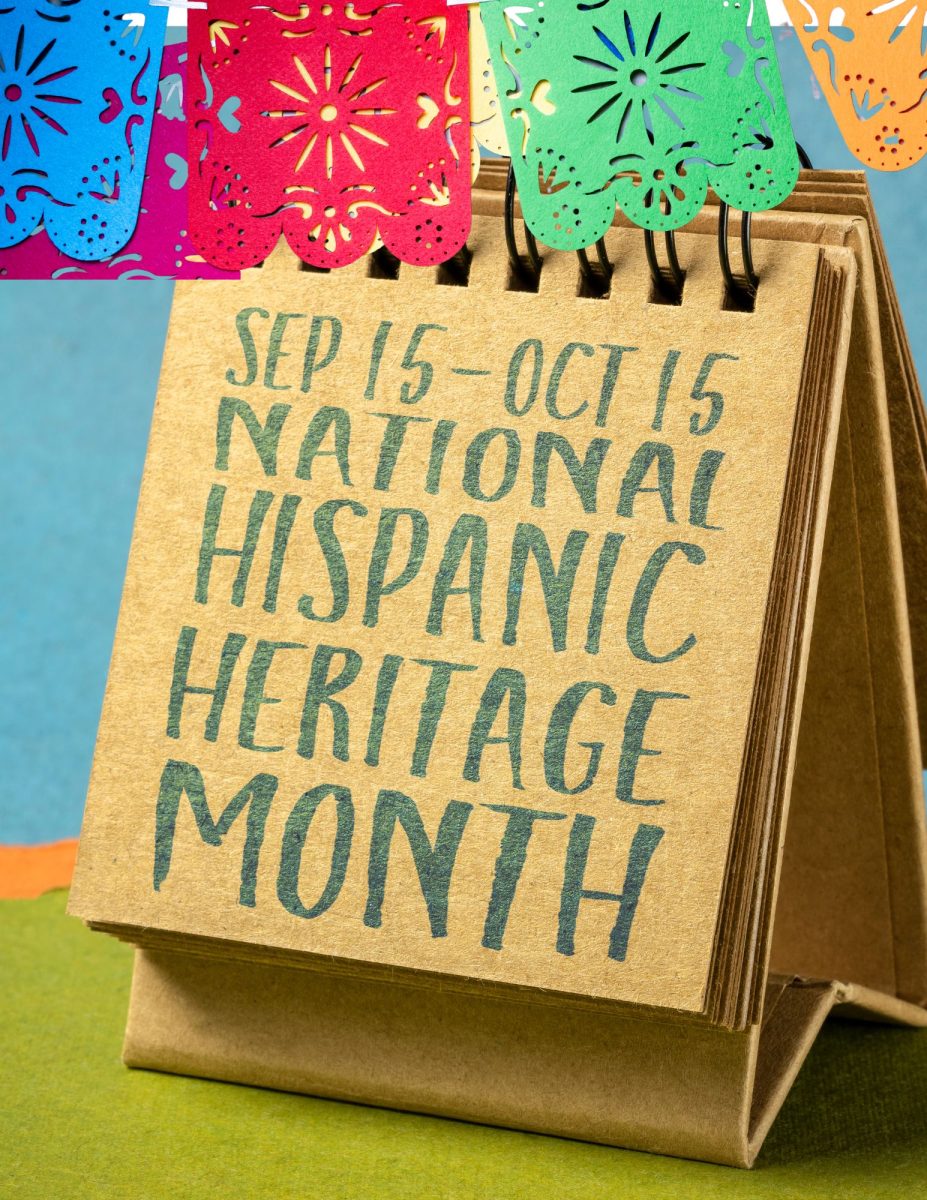The Ironman Triathlon is considered by some to be the most difficult sporting event in the world. In a competition where just finishing is considered a victory in itself, only the strongest and fittest stand a chance of making it to the end.
SMU’s own triathlon club is not quite so hardcore, but its members are all fueled by the motivation and desire to be better, fitter athletes. However, the club is not exclusive to only athletes. Mitch Mecum, the president of the triathlon club, welcomes anyone who is interested in triathlon, regardless of their fitness level.
“If you want to compete, that’s what we train for,” Mecum said. “But, with that being said, the club doesn’t have a requirement that you have to compete. Anybody can join and we’ll work with them. Obviously, you might get more enjoyment out of it if you are a relatively fit person, but we’ve certainly never turned anyone away because they weren’t fit.”
Tatiana Vertiz, an actual Ironman in her own right, started the club in 2006. Currently, the club has 15 members but only four or five are actual triathletes. For the others, the club is a chance to workout but socialize as well.
“There’s a little bit of lore to her,” Mecum said. “She actually is an Ironman. She competed in Kona, which is the Super Bowl of triathlons. She ran the club, as far as I could tell, all by herself.”
As for Mecum, he got into triathlon by taking it as his Wellness II course. His instructor, Anne Weil, encouraged him to consider the USAT Collegiate National Championship in Lubbock. Mecum agreed, unaware of what he was getting into.
“I was getting back in shape and seeing what I could do,” Mecum said with a laugh. “I was completely out of shape when I started, but I was working towards doing a sprint distance.”
A sprint distance is the shortest possible triathlon, consisting of a 750-meter swim, 20-kilometer bike and 5-kilometer run. However, the USA Triathlon competition was an Olympic distance (1.5km swim, 40km bike, 10km run).
Mecum persevered though, both through his training and through the competition. The challenging part, he said, was just doing it.
“Sometimes, you know what, you’re tired and sometimes you don’t want to go out and train,” he said. “You come up with so many reasons why not to but in the end, it comes down to just doing it and almost always you find out you feel better when you’re done with the training.”
Mecum recruits members from participants in Wellness II Triathlon and encourages them to join the club. According to Mecum, the club can offer beginning participants support and training sessions.
“A few of the training sessions are coached by either Anne or David Bertrand, who is the other person who teaches triathlon,” Mecum said. “They’re actually both certified triathlon coaches. We’re willing to work with people within their fitness level to give them something that will challenge them and allow them to build up.”
However, not all the members in the club participate in triathlon, and Mecum does not force them to. Many of the members that join the club do so to get in shape.
“It is a good way to start getting in shape,” Mecum said. “At the lowest tier, the sprint distance, it’s not that difficult. Right now, we’re really focused on appealing to people that haven’t done a triathlon before. Triathlon can be a very accessible sport.”
Triathlon, despite its very competitive roots in Hawaii, is not actually as fierce as people believe. Although athletes are competing against one another, many are simply trying to improve themselves.
“One of the things that was really amazing was when I went to that first triathlon, was how friendly everyone was,” Mecum said. “Everyone was really friendly and helpful. If you asked them a question, they would give you a really detailed response. I think that’s one of the cool things about triathlon.”








